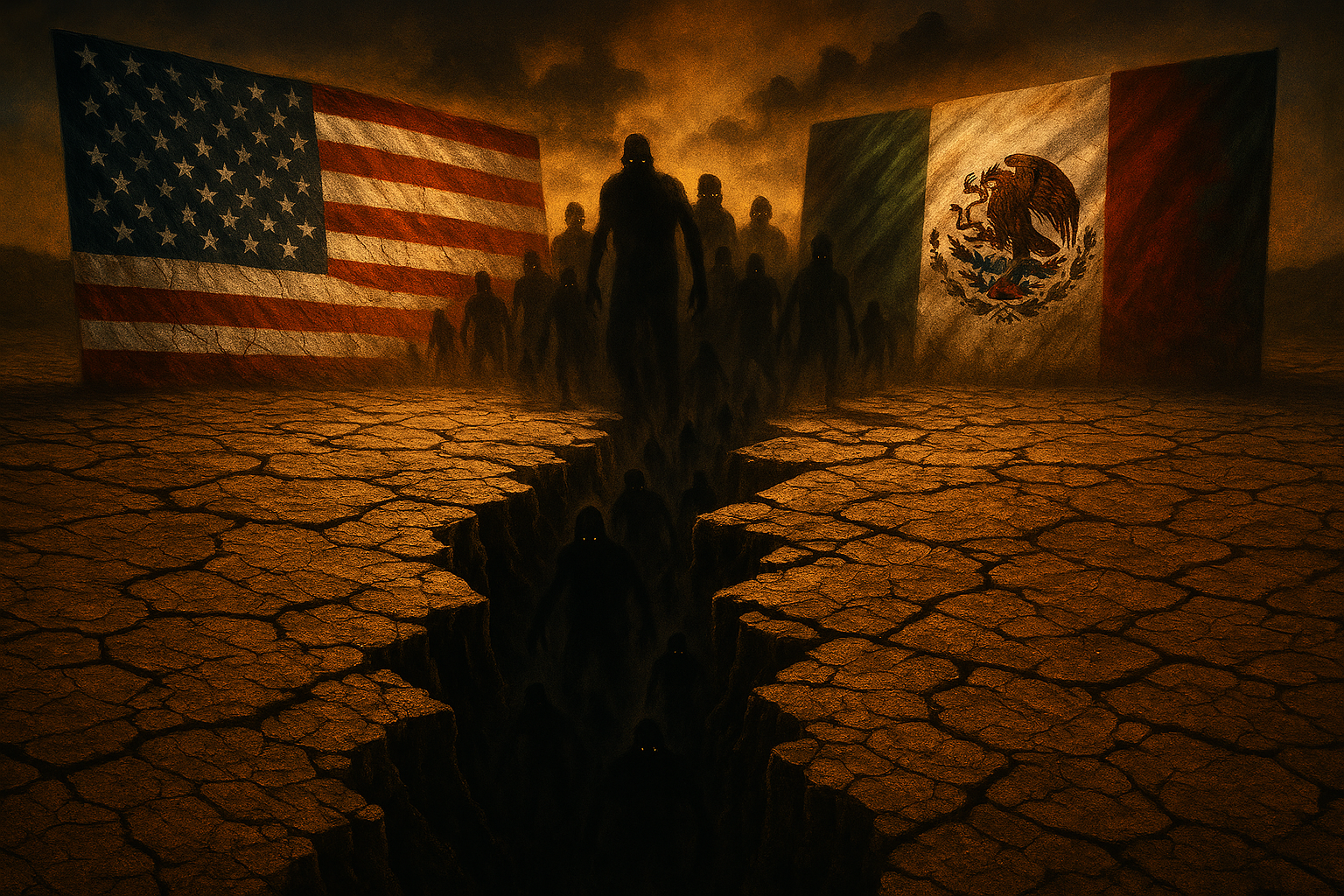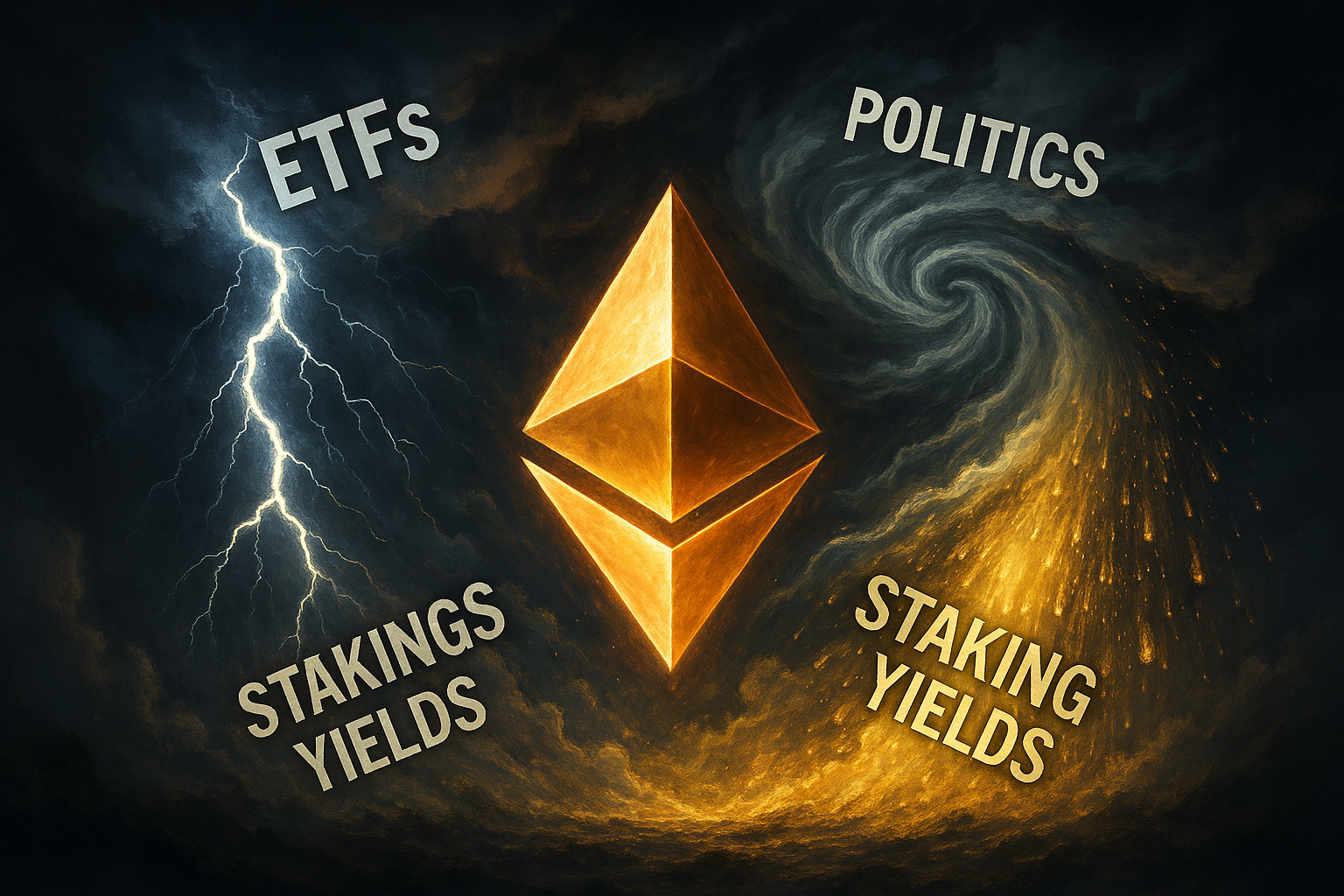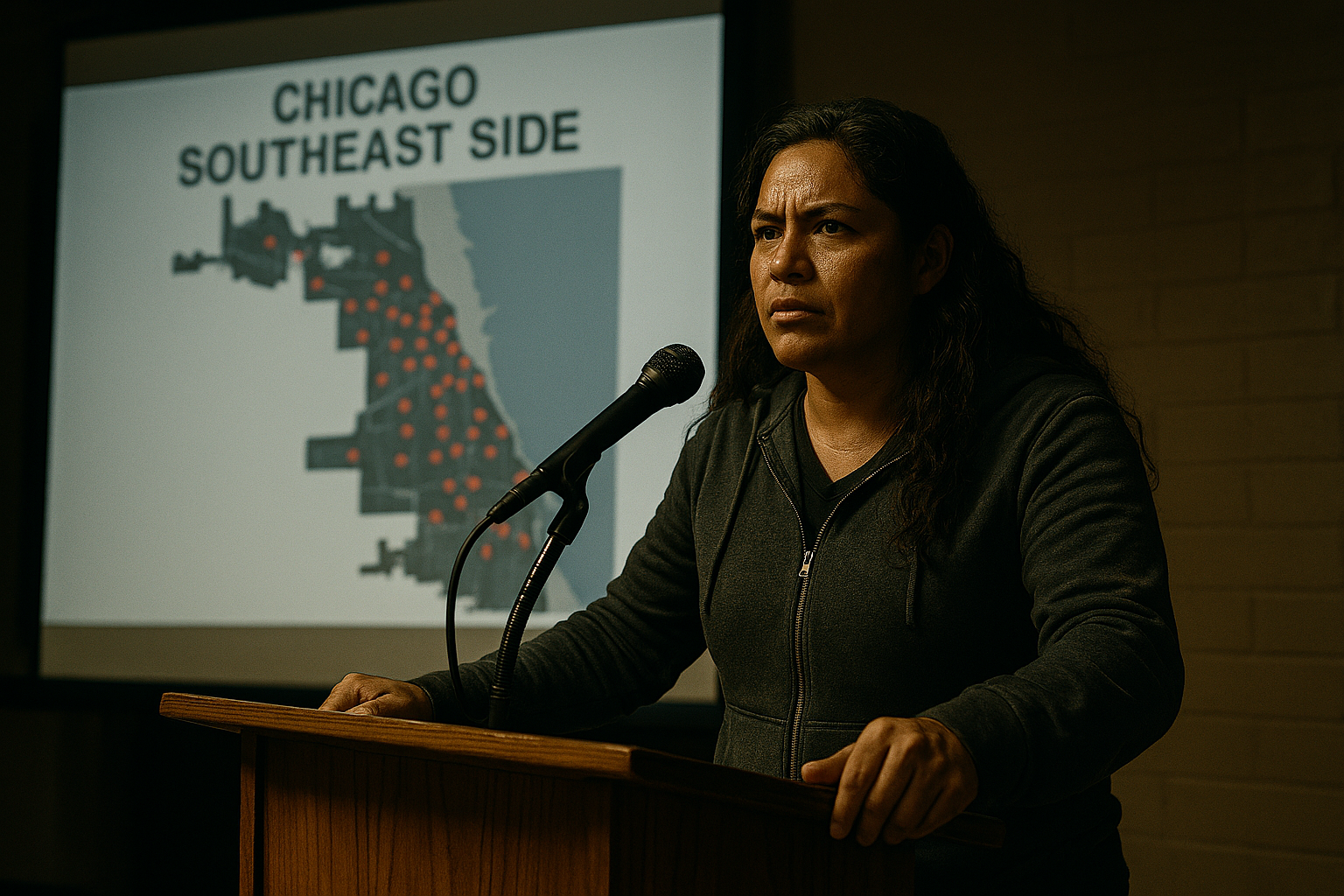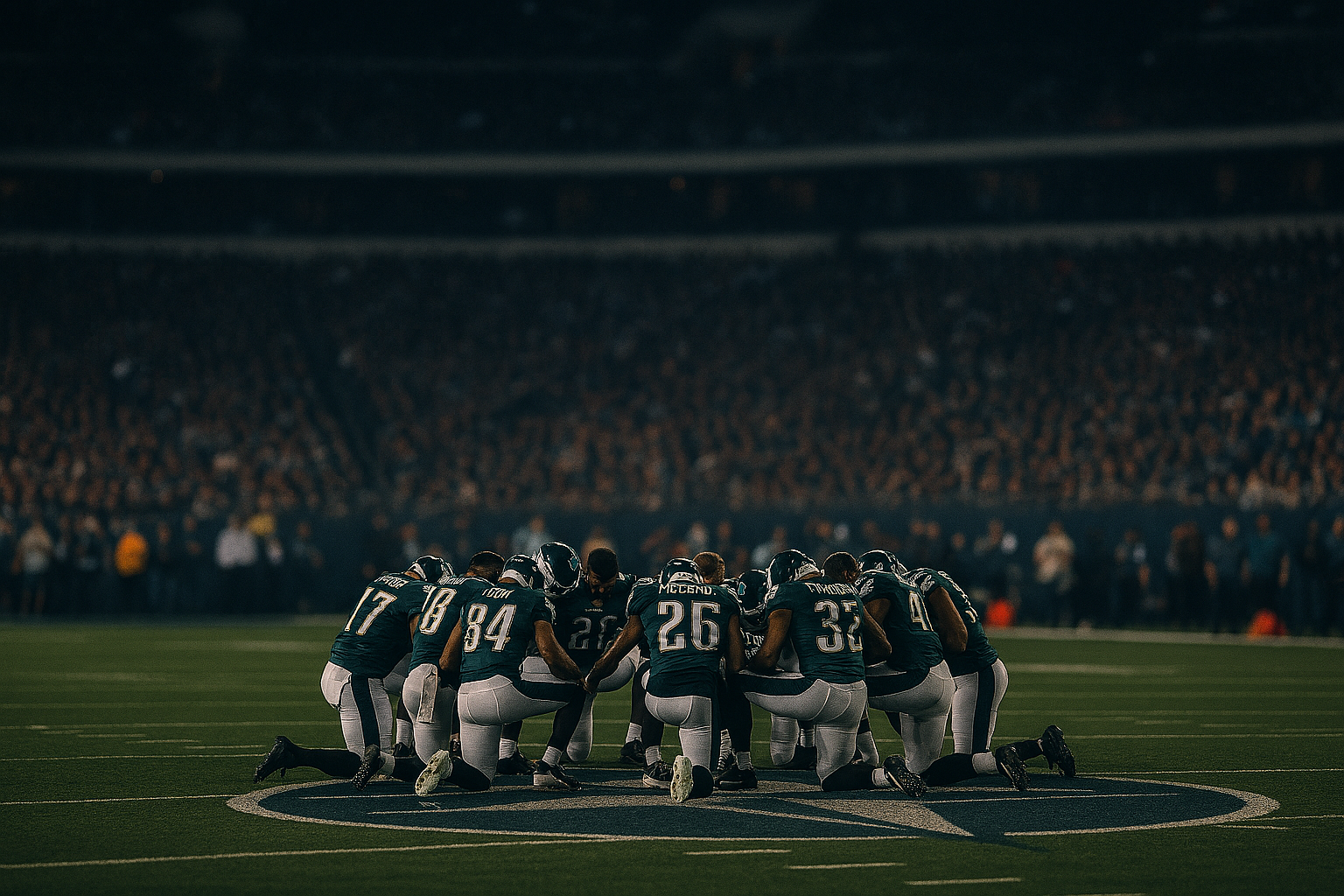US Terrorist Label for Cartels? What It Means for the Border

US Considers Terrorist Label for Mexican Cartels: A New War on Drugs?
The debate over designating Mexican drug cartels as Foreign Terrorist Organizations (FTOs) has reignited in Washington, signaling a potential shift in America’s war on drugs. This controversial proposal, which could grant the U.S. military unprecedented power to combat these powerful criminal syndicates, has sparked intense discussion among lawmakers and foreign policy experts. But what would a US terrorist label for cartels truly mean for security and diplomacy?
This move comes as cartels have expanded their operations, trafficking not only narcotics like fentanyl but also engaging in human smuggling and extortion, causing instability across the region. Proponents argue that the FTO designation is a necessary step to dismantle these groups, while critics warn it could have severe diplomatic and humanitarian consequences.
A Controversial Proposal Gains Traction
The push to label groups like the Sinaloa and Jalisco New Generation cartels as terrorist organizations is not new, but it has found fresh momentum. Supporters, primarily from the Republican party, argue that the cartels’ violent tactics, disregard for human life, and destabilizing effect on a key U.S. neighbor meet the criteria for terrorism.
If designated, the U.S. government could:
- Freeze cartel assets held in U.S. financial institutions.
- Impose strict travel bans on members and their families.
- Prosecute individuals who provide “material support” to the cartels.
- Potentially authorize direct military action against them.
However, the US-Mexico security partnership hangs in the balance. The Mexican government has historically opposed this label, viewing it as a violation of its national sovereignty.
The Diplomatic Fallout: Straining the US-Mexico Security Partnership
A unilateral FTO designation by the United States would almost certainly damage its relationship with Mexico, a critical partner in trade, migration, and security. Mexican President Andrés Manuel López Obrador has repeatedly rejected the idea, emphasizing cooperation over intervention.
Experts warn that such a move could backfire. For instance, it might lead Mexico to reduce its intelligence sharing and joint security operations with U.S. agencies like the DEA. This could paradoxically make it more difficult to combat the very cartels the policy aims to stop. Therefore, maintaining a delicate diplomatic balance is crucial.
What a Terrorist Label for Cartels Means for the Border
For communities along the U.S.-Mexico border, the implications are profound. A US terrorist label for cartels could lead to an escalation of violence as cartels retaliate against perceived U.S. aggression. This could endanger both American and Mexican citizens in the border region.
Furthermore, humanitarian organizations are concerned that the “material support” clause could criminalize aid work. For example, providing food or medical assistance to individuals in cartel-controlled territories could be interpreted as supporting a terrorist group, complicating efforts to help vulnerable populations.
The Broader Impact on the War on Drugs
Ultimately, designating cartels as terrorist groups represents a fundamental change in strategy. It shifts the focus from a law enforcement issue to a national security threat, unlocking the full might of the U.S. military and intelligence apparatus.
This escalation, however, does not guarantee success. Critics point out that the “War on Terror” has had mixed results and that applying its tactics to criminal organizations may not address the root causes of the drug trade, such as demand in the U.S. and corruption in Mexico. The Sinaloa Cartel’s influence and that of other groups is deeply embedded in economic and social structures that military force alone cannot solve.
Conclusion: A High-Stakes Decision
The decision to apply a US terrorist label for cartels is a high-stakes gamble. While it offers powerful new tools to disrupt these criminal enterprises, it also risks severe diplomatic backlash, increased violence, and unintended humanitarian consequences. As the debate continues, Washington must weigh whether this aggressive new approach is a silver bullet or a step too far in the complex fight against transnational crime.










